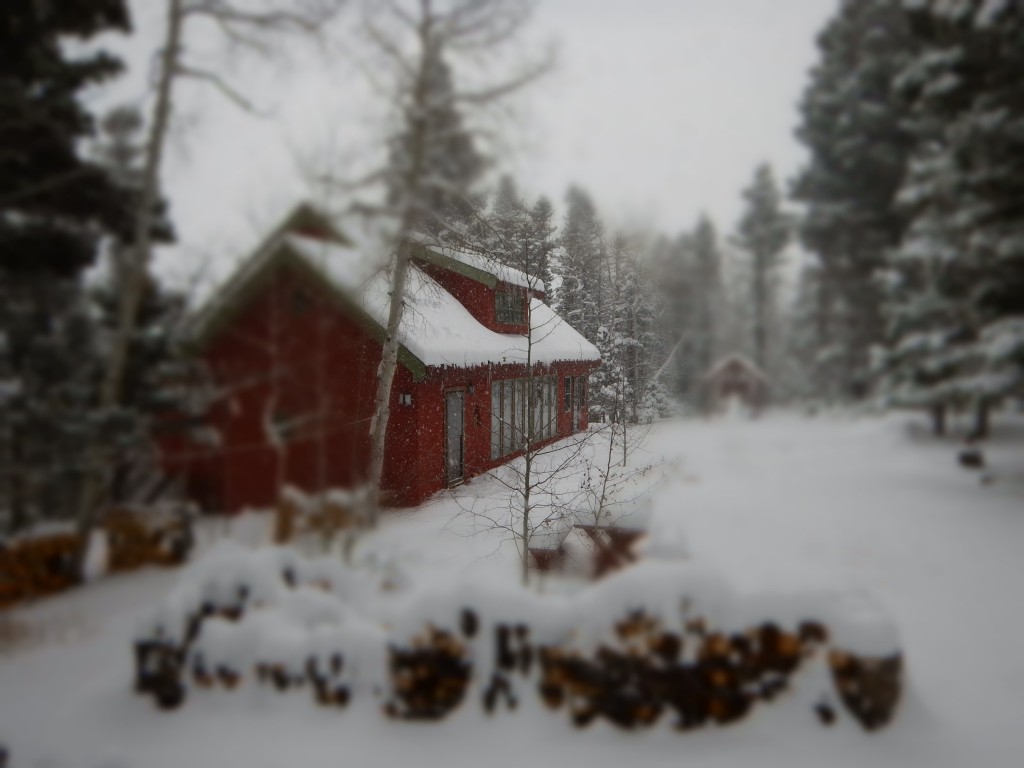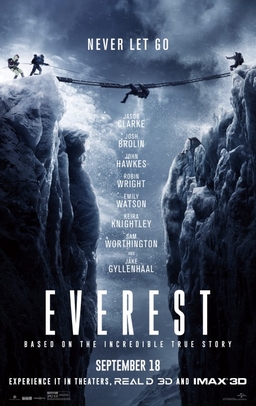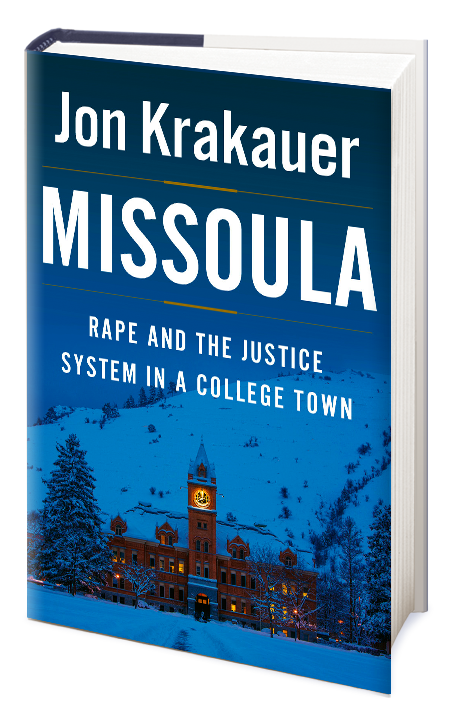So I’ve been a fan of both (the celebrated myth of) George Armstrong Custer and the excellent historian/biographer T.J. Stiles for many years, and when these two worlds collided, it’s not surprising that I read Custer’s Trials: A Life on the Frontier of New America (2015) when it first came out last fall. The word arrived yesterday that it won this year’s Pulitzer Prize for History, and deservedly so.

It’s a great bookend for Stiles’s Jesse James: Last Rebel of the Civil War (2002). Both mainly use their subject matter as a springboard to offer a juicy, insightful vision of the American West and the Civil War era. I’ve read a number of books about Custer, with my previous favorite being Evan S. Connell’s great Son of the Morning Star: Custer and the Little Bighorn (1984). His life has been examined and retold many times, perhaps most recently with Nathaniel Philbrick’s The Last Stand: Custer, Sitting Bull, and the Battle of the Little Bighorn (2010). That Stiles could fashion a great book from familiar material is certainly an achievement, but what’s more important: He offers a vision of the American West that overturns some of the stereotypes, and offers greater understanding. One of the truisms about Custer is that he was simply a fool, and Stiles gives him much more credit than that. Reading about Custer’s victories in the Civil War, you have to be impressed with his military skill. But he was complex. At times racist, he also showed kindness to freed slaves and fought for the Union. At times foolhardy, he was generally successful and brilliant in battle. You come away from Custer’s Trials with the feeling that the Little Bighorn was as much of an accident as a foolish mistake. But that’s just one battle—iconic though it is—and there’s much more to the story. One of the most eye-opening sections concerns the possibility of a military coup to overthrow Lincoln during the Civil War.
Now and then there are books/films that seem not to deserve their accolades, and it’s best not to dwell on those sour grapes—though, for an easy example, Jack Nicholson was robbed by not winning Best Actor for his knockout performance in Alexander Payne’s About Schmidt (2002). Stiles winning a Pulitzer for Custer’s Trials is a great example of when a book deserves its prize.
- February 2026
- January 2026
- November 2025
- October 2023
- September 2023
- September 2021
- April 2020
- September 2019
- May 2019
- August 2018
- February 2018
- January 2018
- October 2017
- August 2017
- June 2017
- May 2017
- March 2017
- February 2017
- November 2016
- October 2016
- May 2016
- April 2016
- March 2016
- February 2016
- January 2016
- November 2015
- October 2015
- September 2015
- June 2015
- May 2015
- April 2015
- March 2015
- December 2014
- September 2014
- August 2014
- May 2014
- March 2014
- February 2014
- January 2014
- December 2013
- November 2013
- October 2013
- September 2013
- August 2013
- July 2013
- June 2013
- May 2013
- April 2013
- March 2013
- February 2013
- January 2013
- December 2012
- November 2012
- October 2012
- September 2012
- August 2012
- July 2012
- June 2012
- May 2012
- April 2012
- March 2012
- February 2012
- January 2012
- December 2011
- November 2011
- October 2011
- September 2011
- August 2011
- July 2011
- June 2011
- May 2011
- April 2011
- March 2011
- February 2011
- January 2011
- December 2010
- November 2010
- October 2010
- September 2010
- August 2010
- July 2010
- June 2010
- May 2010
- April 2010
- March 2010
- February 2010
- January 2010
- December 2009
- November 2009
- October 2009
- September 2009
- August 2009
- July 2009
- June 2009
- May 2009
- April 2009
- March 2009
Recent Posts
- On Candice Millard’s “River of Doubt” and “River of the Gods”: Bugs, Snakes, and Disease Aplenty
- More Alone than “Alone”: On Adam Shoalts’s “Vanished Beyond the Map: The Mystery of Lost Explorer Hubert Darrell” (2025)
- Rachel McAdams film “Send Help” (2026) Makes Comic Gold Out of “Survivor” and “Alone” Audition Videos
- “The Wiggle Room”: A Short Story
- On the New Film “Grizzly Night,” Based on the Nonfiction Book “Night of the Grizzly” (1971)
Recent Comments
No comments to show.
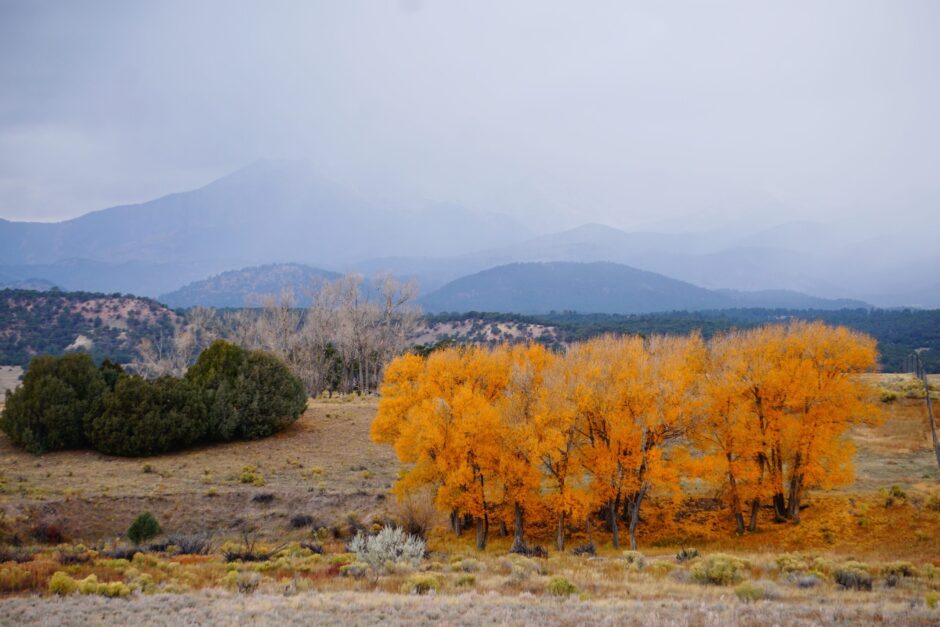

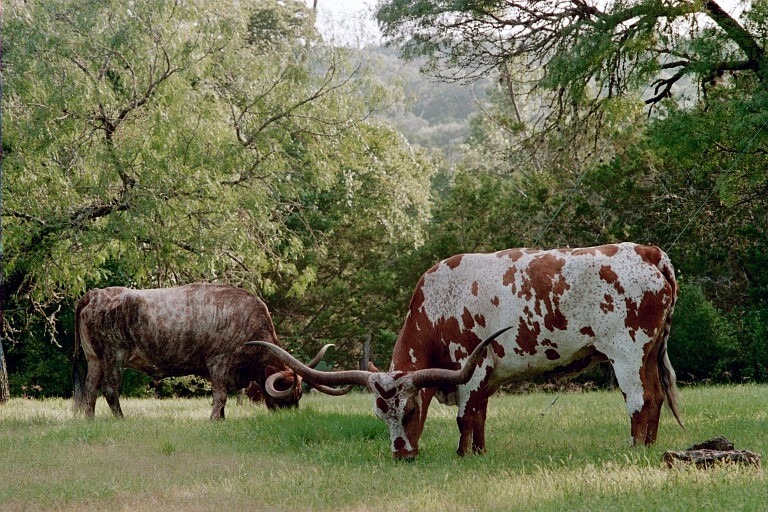
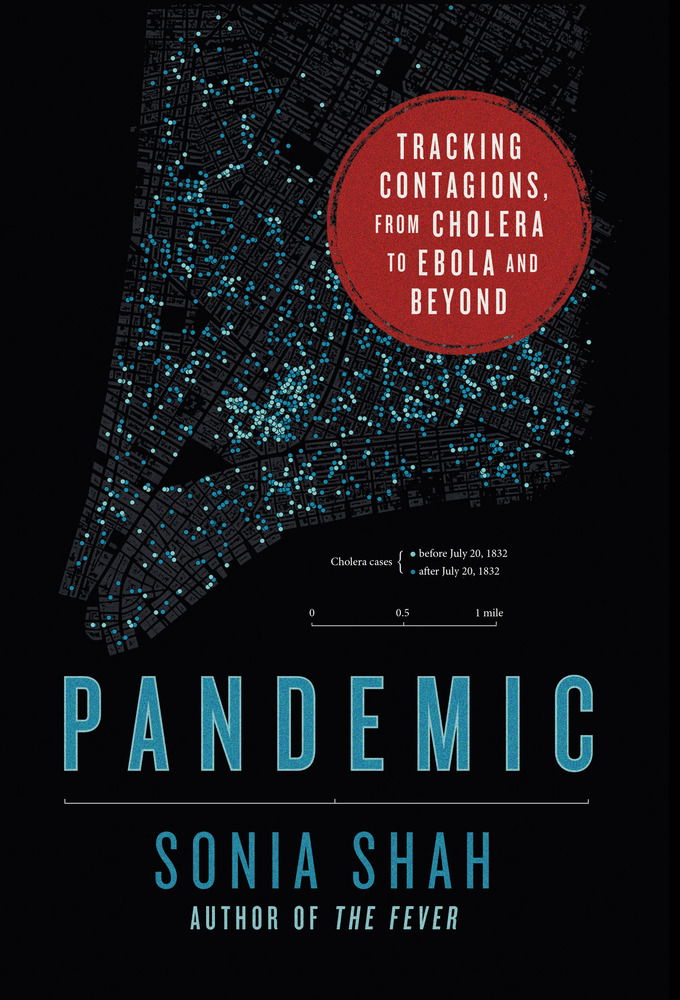
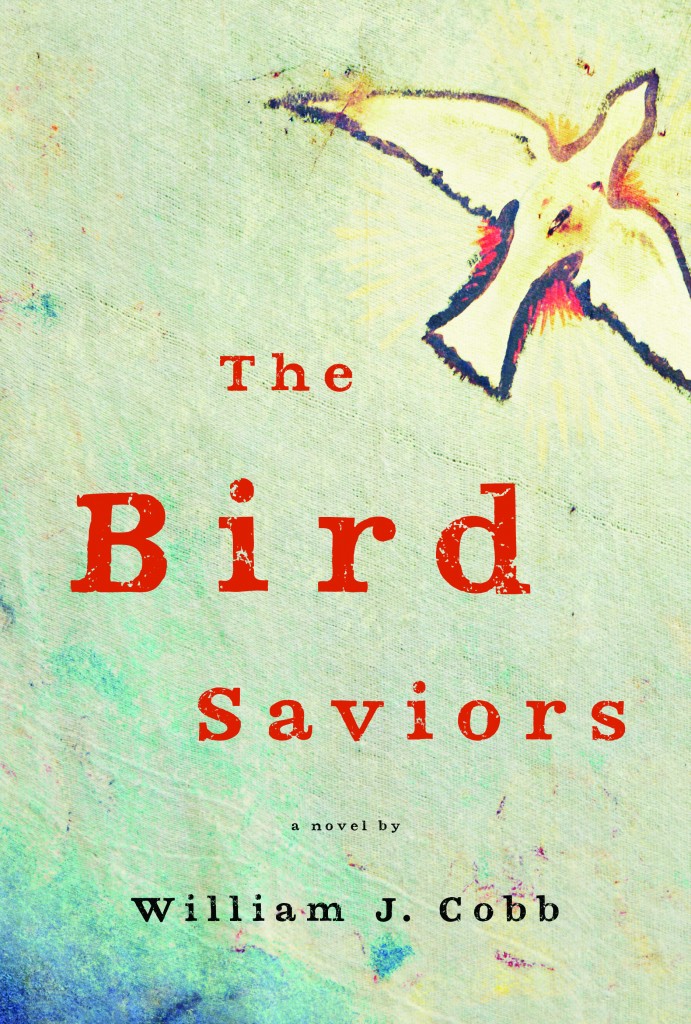
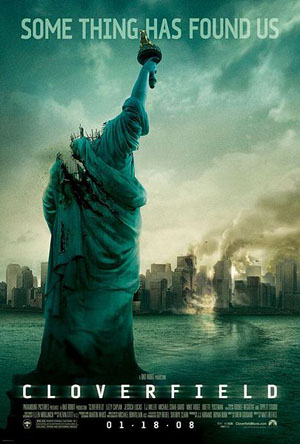
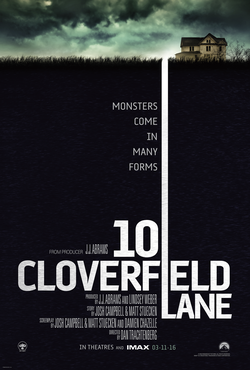
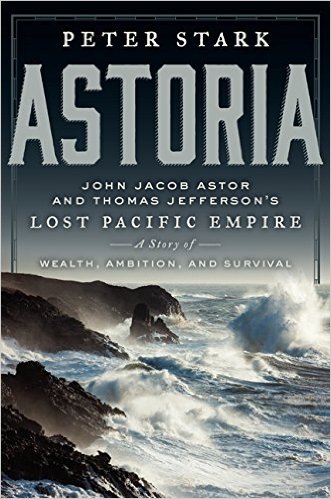
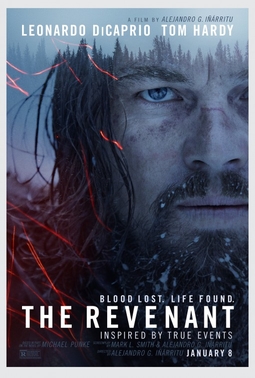
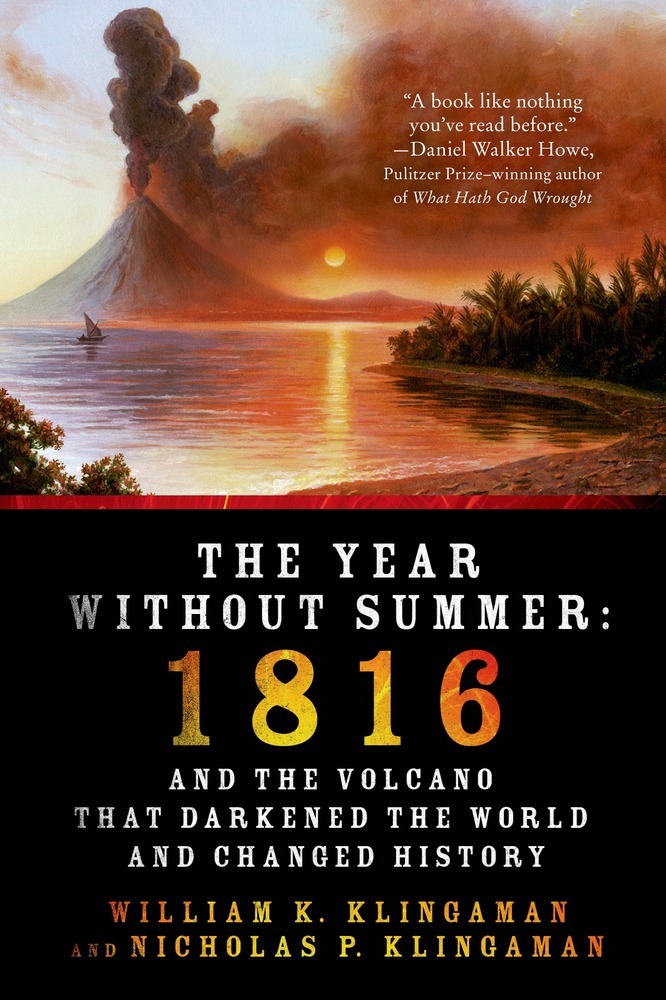 So how tidy it is that two centuries later we’re witnessing The Year Without a Winter. I’m currently living in Pennsylvania (and have been here, off and on, when I’m not in Colorado, for twenty-one years) and have never experienced such a warm winter. (I know it’s an El Nino year, right. But still.) People were jogging in their T-shirts and shorts last weekend. (A rather unlikely scream here: “It’s so horrible I can’t take it!”) Actually, it is rather nice. But pretty poison. I’ve read and have written about climate change for many years now (drought figures prominently in my last novel, The Bird Saviors, set in the American Southwest), and all our national efforts have amounted to squat, though I give President Obama credit for at least trying. God forbid one of the Republican know-nothings get elected. I cringe when I hear that Marco Rubio is somehow “better” than all the others: He’s made a point recently to thump the bible as hard as he can, and to warn that climate change mitigation will ruin the economy (which is nonsense, really), but even if it does hard the economy, what’s worse? Some economic adjustment or climate chaos?
So how tidy it is that two centuries later we’re witnessing The Year Without a Winter. I’m currently living in Pennsylvania (and have been here, off and on, when I’m not in Colorado, for twenty-one years) and have never experienced such a warm winter. (I know it’s an El Nino year, right. But still.) People were jogging in their T-shirts and shorts last weekend. (A rather unlikely scream here: “It’s so horrible I can’t take it!”) Actually, it is rather nice. But pretty poison. I’ve read and have written about climate change for many years now (drought figures prominently in my last novel, The Bird Saviors, set in the American Southwest), and all our national efforts have amounted to squat, though I give President Obama credit for at least trying. God forbid one of the Republican know-nothings get elected. I cringe when I hear that Marco Rubio is somehow “better” than all the others: He’s made a point recently to thump the bible as hard as he can, and to warn that climate change mitigation will ruin the economy (which is nonsense, really), but even if it does hard the economy, what’s worse? Some economic adjustment or climate chaos?
